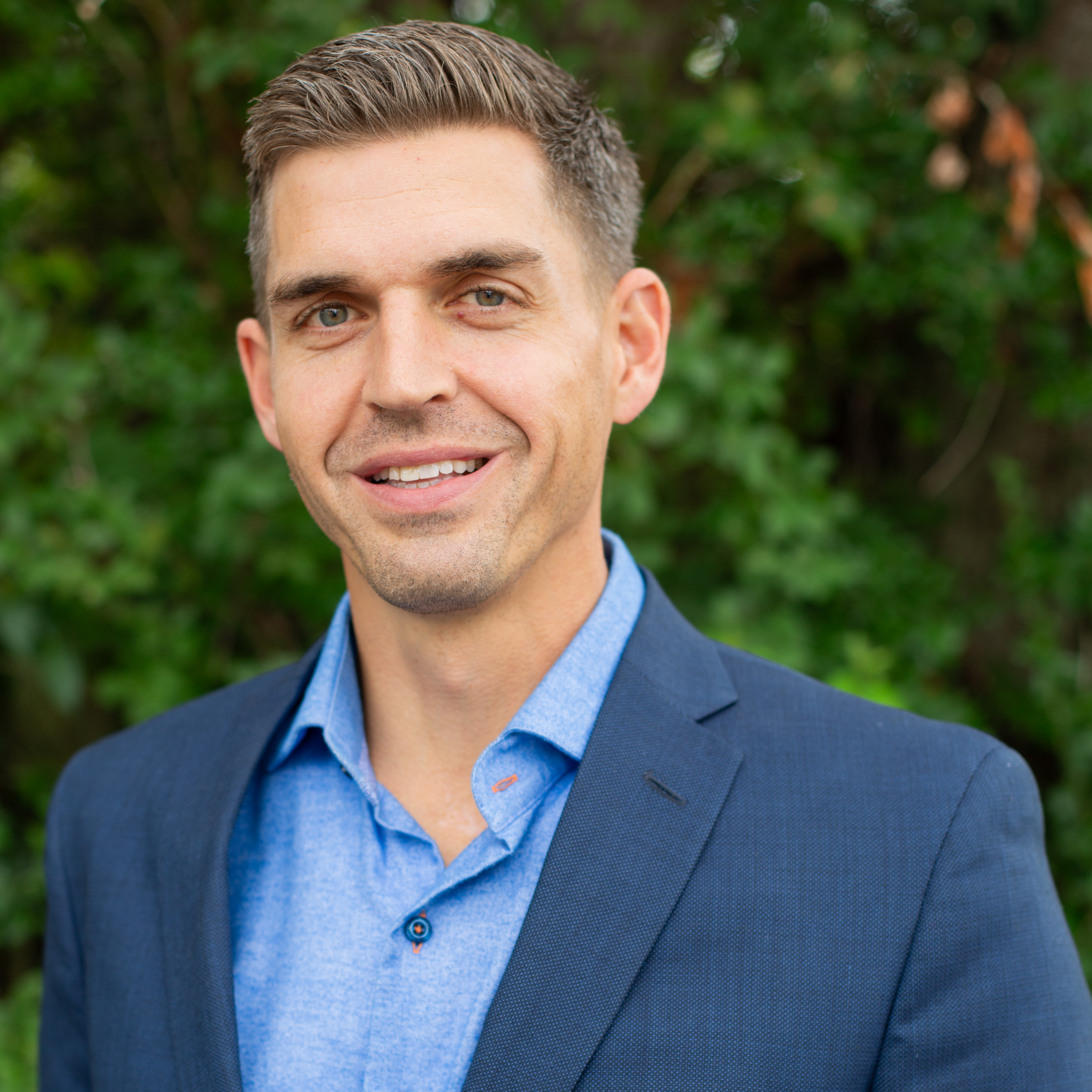With the rapid development of AI, applications and use cases across wealth management have proliferated. Alongside that development, the interconnections between humans and AI have grown in complexity, and the business function with “human” in its name — human resources — is also seeing an influx of AI tools and solutions.
In order to understand how AI is changing human resources across multiple aspects including hiring, employee satisfaction and retention, training and requirements for employment, we spoke with AI and human resources experts, both in-house and from third-party service providers: Sindhu Joseph, CEO and Co-Founder of CogniCor; Megan Glover, Chief People Officer of EP Wealth; Elizabeth Hioe, Chief People Officer of Mercer Advisors; Luke Winskowski, President of 49 Financial; Cecile V. Munoz, President of U.S. Executive Search & Consulting.
We also asked them how the interaction between AI and human resources will evolve over the next two to five years.
How AI Is Changing The Hiring Process

AI is reshaping the employee experience from the beginning, at the hiring process. According to Hioe, “Companies leveraging AI for talent acquisition are seeing productivity gains, especially for sourcing and screening candidates. These applications can help source talent, screen candidates for aptitude and behavioral traits, check for qualifications and licensing requirements, and rapidly accelerate building a high-quality pipeline.”
Glover points to what she views as the largest benefit of using AI in hiring — saving time and resources. “Historically, it may have taken my recruiter days to screen hundreds of job applicants. Now, he can plug in the essential skills and experience for the role and AI can quickly identify the candidates that closely align.”
Winskowski points out the limits of AI in the hiring process: “It can’t replace looking someone in the eyes and gauging fit for our industry. In our advisor hiring, the biggest challenge is setting clear expectations, and that takes a real conversation. While tech can support that process, genuine conversations still drive great hiring.”
How AI Is Changing Employee Training And Development

According to Munoz, employee training and development is “perhaps the most affected; it is where we visibly see AI’s impact.” She points to customized training based on the needs and learning preferences of individual employees. “Adjustments and corrections are made in real-time.”
Joseph agrees: “AI makes training smarter and more personal. Instead of one-size-fits-all, firms can offer learning tailored to each role — helping people ramp up faster and grow their skills over time.”

“In general, AI is being used to create personalized learning, simulations with real-time feedback, and agents used for coaching,” said Hioe. “It’s being used in our industry most frequently to automate training updates and track employee progress and completion rates for required training.”
Winskowski again points out the limits to using AI: “Career growth in our industry still requires real-time coaching, human feedback, and values alignment, so we see AI as a supplement for the relational, character-shaping development that advisors need to thrive.”
AI On The Resume
Shifting from the employer using AI to the employee, Joseph says that AI know-how is now required for some jobs. “In many ways, we’re already there. In the workplace, learning to use AI tools will be as common — and as essential — as learning Excel was a generation ago.”
According to Hioe, AI has been adopted across her firm, with the greatest impact in client-facing teams. “These tools do not require our advisors to be AI experts, but a willingness to use, adopt, and experiment with AI is increasingly important. That curiosity and openness is fast becoming fundamental.”
According to Glover, AI know-how is not required, but employees should understand how and when to use AI. “When hiring, we are looking for qualities such as in-depth experience and great interpersonal skills, which AI cannot solely provide.”
Looking to the future, Munoz says, “Financial services are increasingly incorporating AI into daily operations. Talent must have a continuous learning, high-adaptability mindset to succeed.”
Employee Satisfaction And Retention
Another key issue for managing talent is employee satisfaction and retention. We asked the experts how AI is affecting these areas.

“AI can boost satisfaction by automating repetitive tasks and helping advisors focus on what matters,” said Winskowski. Pointing out the importance of the human side of employee satisfaction, he said, “Satisfaction and retention still come down to feeling seen, supported, and challenged — things AI can’t deliver alone. AI can enhance satisfaction, but can’t replace the leadership, mentorship, and trust that keep people around.”
Joseph sees AI’s effects on retention and satisfaction coming from an indirect path: “The real story is empowering people, not replacing them. By automating routine work, AI frees teams to focus on meaningful, client-focused work — which leads to more satisfied employees and stronger retention.”
According to Munoz, AI will enhance employee satisfaction by improving training and learning. “It promises to learn and understand an employee better, thus providing advanced support through personalized learning (through VR and AI simulations), reduced training time, and increased productivity and success which it predicts will improve employee satisfaction, motivation, and retention.”
The Future Is Human
The intersection of AI and human resources is developing “faster than we can write about it,” says Munoz, with a caveat: “We will equally need talent that brings the EQ and human-skills that will be in higher demand.” Among these, she points to “creativity, empathy, problem-solving, and the ability to establish authentic human connection to inspire and lead others.”
Joseph also points out the human angle in the near future: “The pace of change is accelerating. In two years, AI will feel like an invisible teammate in the background of daily work. In five years, we’ll see whole roles and workflows reimagined — creating more human, more fulfilling careers in financial services.”
Winskowski also agrees that the human side is vital, saying, “We believe human connection will only become more valuable in an AI-driven world. In two years, advisors will use AI for insights and productivity. In five, the best will be those who master the tension of letting AI handle complexity, so they can focus on trust.”

Glover warns that AI “may get out of hand” in two to five years if firms “are not using AI responsibly and ethically by involving employees in AI design, development, usage, and establishing AI governance and human oversight.”
Munoz cautions that we, as humans, must handle this technological development in a better way than we have done with past advancements: “The internet was supposed to bring us closer together and make us better informed, yet it has not. Specifically, social media was touted as the beacon that would bring us closer together, yet we are more apart in our views and human connection than ever before. We are truly less happy, less secure, and less connected to those around us.”
She concludes, “The greatest disruptor to humans (tech/AI) is also what allows us the greatest advancement, but only if we actively choose to become better humans along the way.”
Julius Buchanan, Editor in Chief at Wealth Solutions Report, can be reached at julius.buchanan@wealthsolutionsreport.com.














